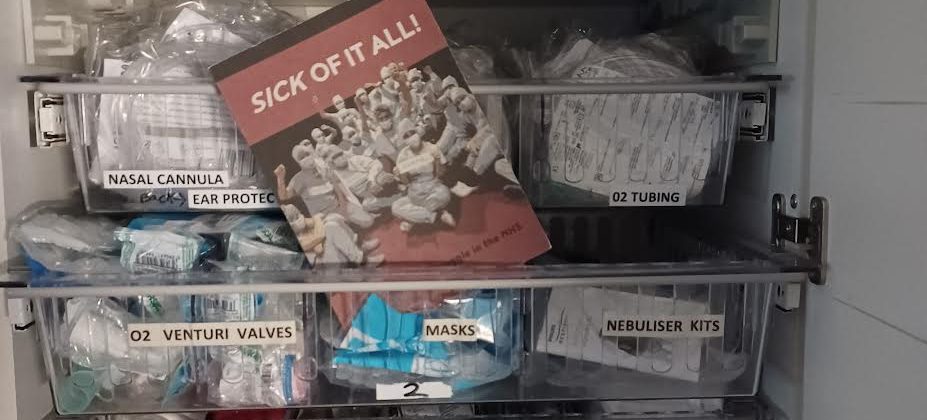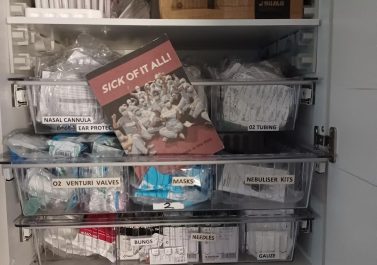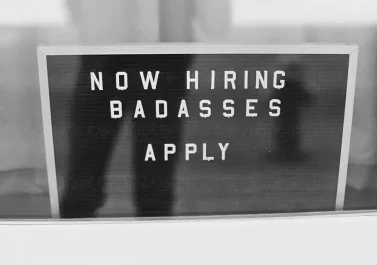
In 2024 we will be working towards the formation of a political committee and regular publication within two major hospitals in Bristol. We want to reflect on the recent strikes within the NHS and the experiences of migration of the many international nurses. We see the hospital as a filter for social crisis, where a lot of working class patients end up due to the destruction of communities, the social depression and mental and physical crisis of our class – and we want to build new worker-patient links. But hospitals are not just care institutions, the cooperation between workers is very complex and many technological aspects are more advanced than in many manufacturing industries. Health workers can therefore be a central part of the social learning process of reappropriating the social means and knowledge of production. We will try to support the development of a critical reappropriation of health science from below.
We are looking for technical help with this project. We hope to find people who can help us with website design, graphic design / logos, publication layout, etc. If you like what you read below, we would love to hear from you. As we are independent, we are also grateful for donations to help cover printing costs etc.. If you can offer technical help and/or are interested in discussing our project further, please get in touch: angryworkersworld@gmail.com
Who are we?
We are a small group of comrades working in the health sector. There have been attempts by a similar group over the last couple of years to establish some kind of countrywide network, particularly with the initial upsurge in union and strike activity across the NHS. In a way we hope to continue this project but give it a deeper grounding in specific workplaces, engaged in a serious and consistent political intervention. We already have around three years’ experience of working in these hospitals and a solid network of contacts.
Politically, we orientate ourselves toward workers’ self-organisation and autonomous political action. We advocate for independent working class organisations. We need to organise our own struggles within our own decision making structures. We need these to fight effectively, rather than from inside the cage that is handed to us by the bosses and the bureaucrats. By this, we mean the pre-agreed frameworks for industrial struggle as established in law and convention between the bosses, the state and the unions. Only through organising our own struggle will we be able to develop the ability to think seriously about the transition to a new form of society that we so desperately need.
The strike wave over the last two years has involved massive amounts of workers who have taken action collectively as workers for the first time. We need an independent forum to reflect on these struggles, and we want our publication to contribute to creating this in the future. There has also been a wave of health worker strikes across the world following the pandemic. It is important that we learn lessons from these experiences, as well as other historical examples, and have the means to circulate them. In the UK, NHS Say No was able to establish itself as a focus for the more militant, rank-and-file elements of the class in struggle, raising a challenge to the unions’ efforts to demobilise the strikes. In many places though, the campaign was unable to develop effective and independent forces on the ground. We want to contribute to building these forces.
The pandemic has shown us that the current system – a detached state bureaucracy, competing nation states, a self-interested private sector of medical companies, a realm of health science separate from the wards and communities – is unable to deal consciously and in the interest of humanity with situations of deep social crisis. Our responsibility as health workers is to overcome the various divisions in terms of company boundaries and unequal distribution of knowledge and come up with an alternative plan. With our publication we want to contribute to the learning process of essential workers about their industries, in order to expand workers’ control towards a fundamental social transition. Instead of bullshit jobs, wasteful industries and military complexes, we need a conscious use of our resources and human potentials.
Main focus of the project
What follows is an indication of the areas that we want to centre in the newspaper, and our political work. We’re sure that this will both expand and concentrate as the project develops, but hopefully give a good idea of where we are coming from:
Investigation into day-to-day work experience – For example, we aim to look at the impact of understaffing across various job roles within the hospital. To do this, we want to interview fellow workers, work the jobs and publish the experiences. We hear a lot about shortages of nurses on wards – for good reasons – but how are cleaners, caterers, porters and maintenance workers affected? What is the impact on hospital operations when cleaners are having to do double the work because some budget office bureaucrat decided to save a few quid on staff budgets? Do these experiences of understaffing create a common material experience which can be used to break down barriers between various job roles and professions? The recent strikes have been largely separated into different professional blocs and haven’t been able to express in a conscious and targeted way the question of stress and overwork, despite it being a major concern. How can we change that?
Experience of international workers – Our colleagues come from all over the globe, some come from regions with recent social movements, others from regions with military conflicts. We want to find out more about how the experience of migration can contribute to local class struggle. We believe in taking a strong internationalist stance against the bosses’ wars and global divisions within our class – and we hope that we can relate these broader political ideas to the concrete reality of a multinational hospital workforce. We therefore plan a series of interviews on the conditions in the countries of origin and the aspirations of migration.
Medical Students – We want to understand the process of how divisions of knowledge are both created and passed on. Are there frustrations with the students’ aspirations coming up against the reality of the job, both in terms of their own exploitation and the limits of ‘helping patients’. This can shake up the petrified relations of day-to-day work. In a way, medical students act as a kind of bridge between the less specialised workers and the medical professionals, circulating within different parts of the sector, from hospitals to community institutions. During their studies, many of them will still do similar work to HCAs, at the same time as being on a clear path away from that. We are in touch with students and nursing teachers at the local university and hope to transform these contacts into a more collective structure.
Composition of hospital finance and governance – Based on the two main hospitals in Bristol which employ around 18,000 workers, how is this spread across the Bands and job roles? If 2,500 out of 10,000 hospital workers are doing ‘administrative work’, what does that mean? What proportion of funding is spent on staff, on the pharmaceutical industry, on contractors etc. Where these decisions are made and by who, with what interests in mind? If we are going to build the capacity for workers’ control, we need this understanding of the complexity of operating hospitals, both as institutions of social care but also as centres of extremely complex cooperation, administration, planning and technological development. In this sense hospital workers have as much to contribute to the conscious development of social production as many factory or classical manufacturing workers.
Analysis of the global medical industry – We want to look at the pharmaceutical industry and development of devices and implants used in orthopaedics: how it is that certain brands or techniques are chosen, when they are applied and why, how much of it is in patient interest and how much of it is for profitability, where decisions are made etc. This is a necessary intervention to challenge the role of private companies in controlling the spread of knowledge globally and the state’s deployment of bodies of medical experts and governance, detached from the actual practice of healthcare on wards and in communities. We think it is necessary to put forward a critique of the use of science in the medical sector from the perspectives of both the lower rungs of the labour force and the working class more generally. For example, one of the hospitals in Bristol carried out 129 trials amongst 12,600 patient in 2022, but there is little control of both patients and workers over the process and outcome of these trials.
Conditions of patients and a new approach to working class health – We see the hospital as a filter for social crisis, where a lot of working class patients end up due to inhuman work and living conditions, the destruction of communities, the social depression and “mental health crisis” of our class – and are then blamed for making bad lifestyle choices. We want to try to open more spaces at work to actually talk to patients about their biographies and social situation We want to build new worker-patient links. We are in touch with health workers who look into alternative forms of medicine, e.g. alternative midwifery, and want to intensify a critical dialogue.
Crucially, while most of what we will focus on will be the concrete, day-to-day experience of workers in the sector, our investigations happen against the backdrop of deep systemic crises in global capitalism. While economies fluctuate violently, governments, capitalists and their pet experts scramble uselessly without any real control to limit damage where they can. Where this fails, militarism and eventual war are the unavoidable outcome. We intend to situate all of what we do firmly in this context, clearly and openly. Only a revolutionary movement of the working class internationally can offer a human solution to these crises.



